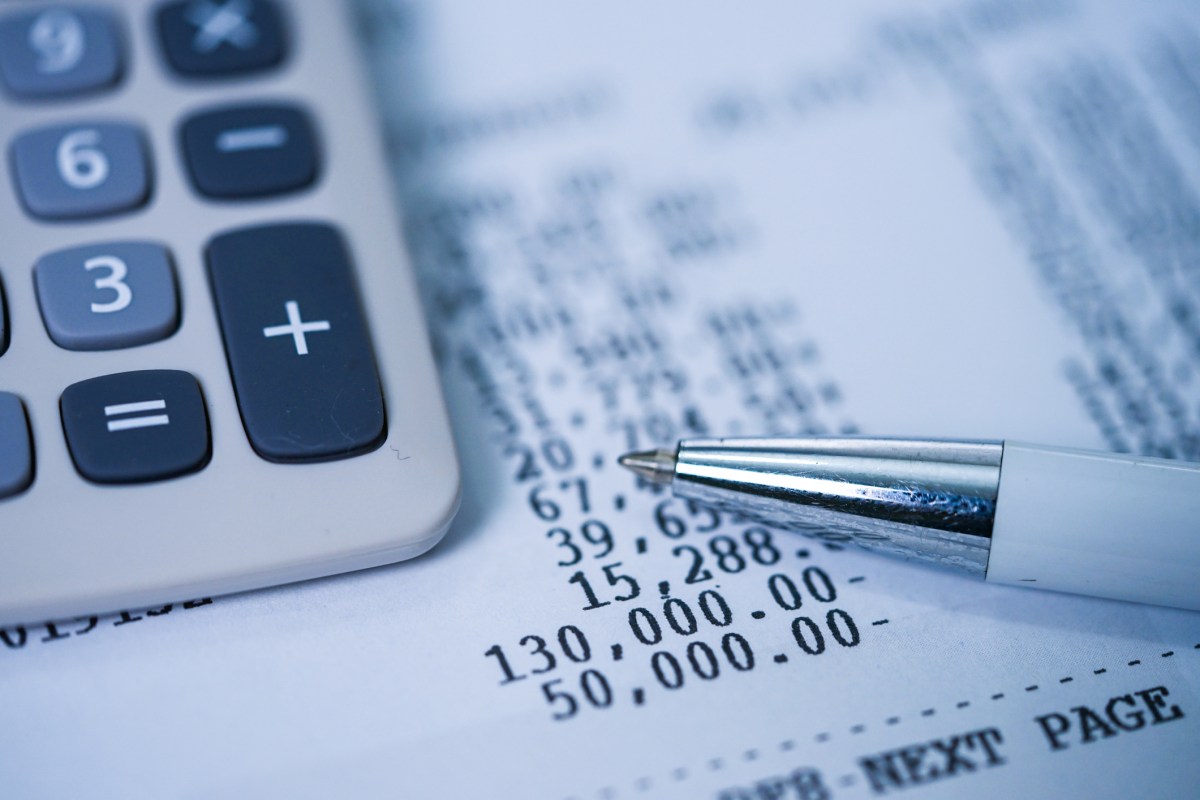ARTICLE AD
Elon Musk’s X won’t be regulated under the European Union’s Digital Markets Act (DMA) the Commission decided Wednesday, despite the social media platform hitting usage thresholds earlier this year.
The decision means X won’t be subject to the DMA’s list of operational ‘dos and don’ts’ — in areas like its use of third party data and user consent to tracking ads — for the foreseeable future. The pan-EU regime targets Big Tech with up-front rules that are generally aimed at ensuring fairer dealing with individual and business users (so far seven companies have been designated as DMA gatekeepers for a total of two dozen “core platform services”, including other social media giants like Meta and TikTok).
While not joining the DMA gatekeeper club is undoubtedly good news for Musk, since he dodges the regulatory risk of being subject to the bloc’s flagship market contestability regime — where penalties for violations can reach up to 10% of global annual turnover (or more for repeat breaches) — the reason for X not being designated may sting his ego: the Commission has decided X is not an important gateway for businesses to reach consumers.
Think of it as the EU throwing shade on the bottom-feeding caliber of X’s ad business these days. Or, tl;dr, if most of your ads are for drop-shipping companies flogging dubious-looking earwax cleaners or polyester rugs so violently patterned they could make a sofa-sitter seasick your business is irrelevance.
Still, X will surely be happy to flutter free of any DMA risk. The platform had submitted arguments against being designated when it notified the EU back in May that it had hit the 45 million monthly active users and 10,000 business users bar. We’ve contacted X’s press line for comment.
“Following a thorough assessment of all arguments, including input by relevant stakeholders, and after consulting the Digital Markets Advisory Committee, the Commission concluded that X does indeed not qualify as a gatekeeper in relation to its online social networking service, given that the investigation revealed that X is not an important gateway for business users to reach end users,” the Commission wrote in a press release.
The EU added that it will continue to monitor developments in X’s market position. In the case of substantial changes in market power it could re-visit the designation issue. But with Musk in charge and continuing to alienate mainstream users, advertisers and businesses that seems unlikely.
While the EU’s DMA won’t be coming for Musk’s X anytime soon, the company does have plenty of regional compliance issues on its plate — including under the bloc’s Digital Services Act (DSA), a sister regulation to the DMA.
Under the DSA, X is expected to comply with general governance rules and an additional layer of requirements in areas like algorithmic transparency and accountability which are reserved for larger platforms.
The Commission, which enforces these extra DSA rules on major platforms, already suspects X of a raft of DSA breaches and has several ongoing investigations that could lead to penalties of up to 6% of its global annual turnover if confirmed. So Musk’s penchant for insulting public officials could still come back to haunt him in the EU.
Natasha is a senior reporter for TechCrunch, joining September 2012, based in Europe. She joined TC after a stint reviewing smartphones for CNET UK and, prior to that, more than five years covering business technology for silicon.com (now folded into TechRepublic), where she focused on mobile and wireless, telecoms & networking, and IT skills issues. She has also freelanced for organisations including The Guardian and the BBC. Natasha holds a First Class degree in English from Cambridge University, and an MA in journalism from Goldsmiths College, University of London.

 1 month ago
12
1 month ago
12 

